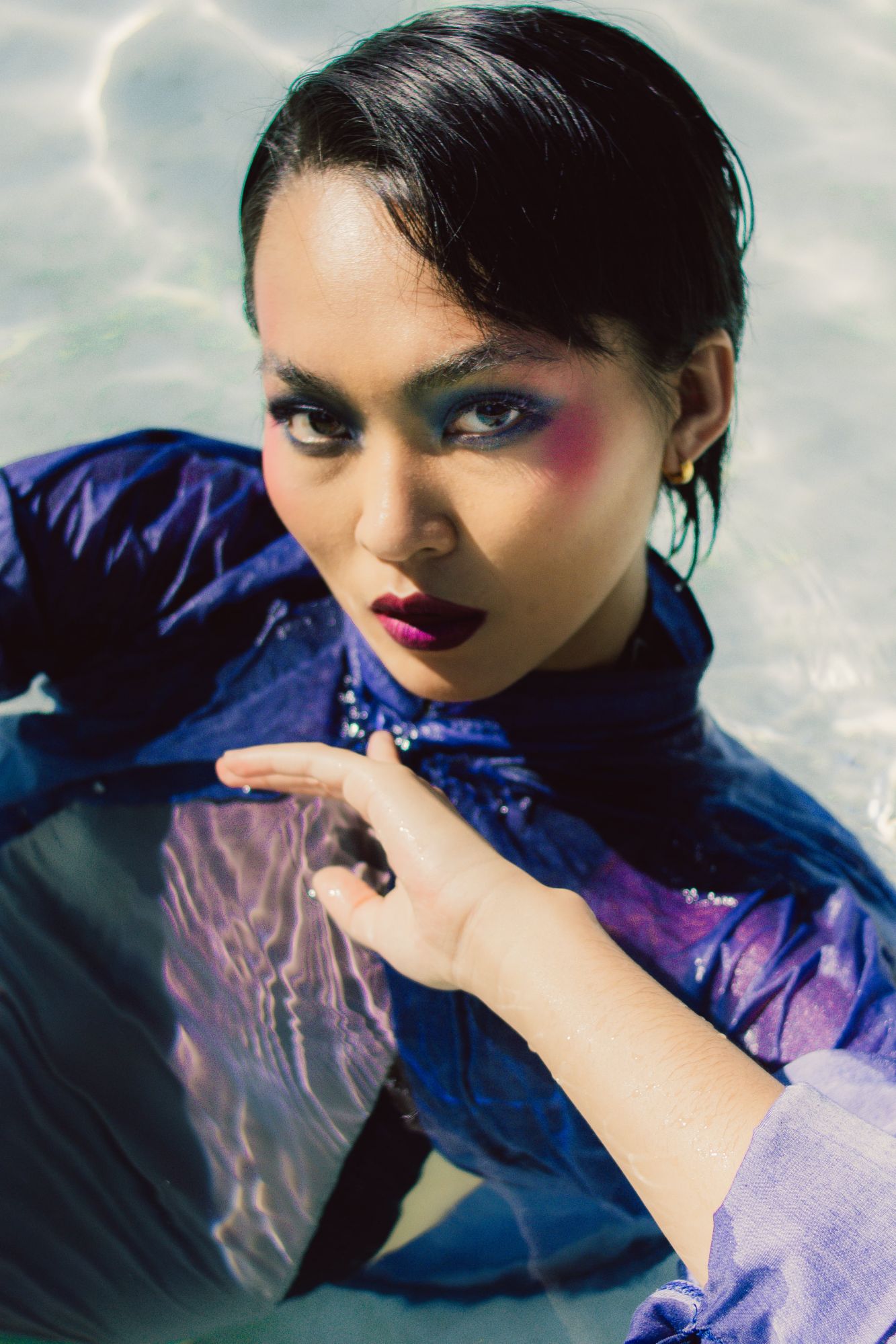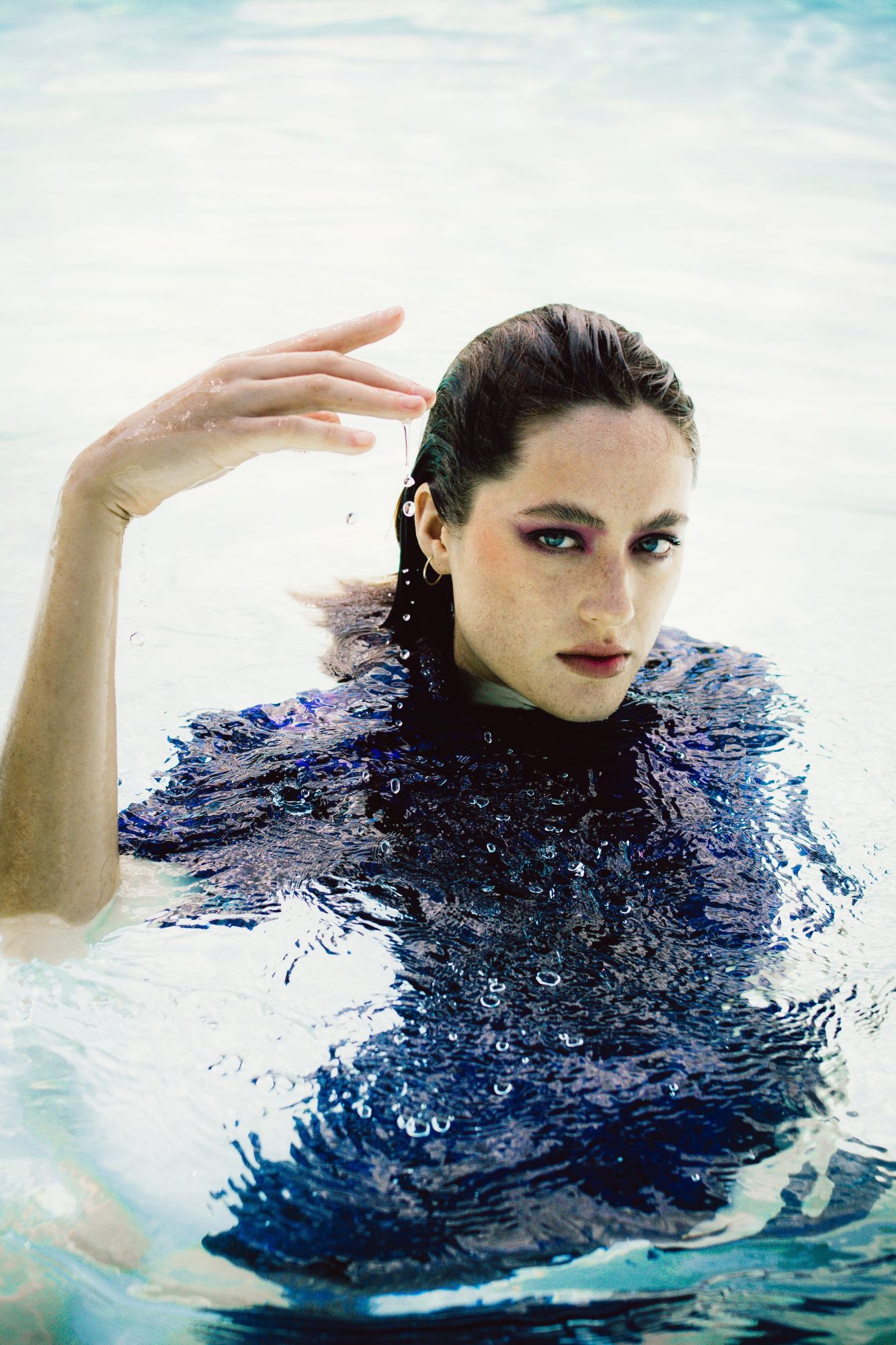Does eco-friendly fashion still conjure up images of mud-green fisherman’s trousers, hemp, and dye that comes off on your fingers? Well, cast aside your prejudices because Toqa is on a mission to make sustainable fashion cool
Fashion holds a mirror up to society, reflecting back at us what is going on in economic, cultural, social and environmental terms. In light of this year’s UN report on climate change, it is no surprise that people are finally taking sustainable fashion seriously.
Broadly, sustainable fashion means choosing clothes that are kinder to the environment—after oil, the fashion industry is the second largest global polluter—and to the people involved in the production process. Sourcing in particular is coming increasingly under scrutiny, with many major brands launching campaigns against modern slavery.
The sustainable fashion industry’s growing presence in the global market is illustrated by the arrival of a number of new brands. One of the most creative is Toqa, which manufactures sustainable high-end fashion from the tropics. Co-founded by designers and environmentalists Isabel Sicat and Aiala Valdovino, they were determined to use not only the leftover material, but the history and folklore that make up island life.


The duo met in New York City, but with Valdovino hailing from Hawaii and Sicat from the Philippines, it was natural for Toqa to find its first home far away from urban life. Instead, they moved to Manila and created a fashion-forward, island-style brand.
The idea started with creating textiles that originate from rescued deadstock—discarded fabrics that are no longer in production—and for each collection to reflect the character of the island they were sourced from. Because there is a finite amount of raw material for each season, each collection is produced once, and when the deadstock runs out, no more will be made. That is because their pieces are reflective of a particular exploration of a place, and a particular moment in time, never to be repeated again. It also means you won't catch many people in the same dress or swimming costume as you.
“When surveying the landscape of potential materials, we found that the Philippines is quite restricted in its textile production capabilities,” says Sicat. “Finding a place where we could buy large amounts of deadstock made immediate financial sense. After this initial economic reasoning, we found that more and more our values, social ethics, and interests aligned with the wealth of opportunities that were presented here in the Philippines."
The choice to use deadstock—which includes merchandise that has been used but never sold—is growing in popularity as sustainable fashion-lovers do their level best not to participate in the environmentally unfriendly business of material production.


